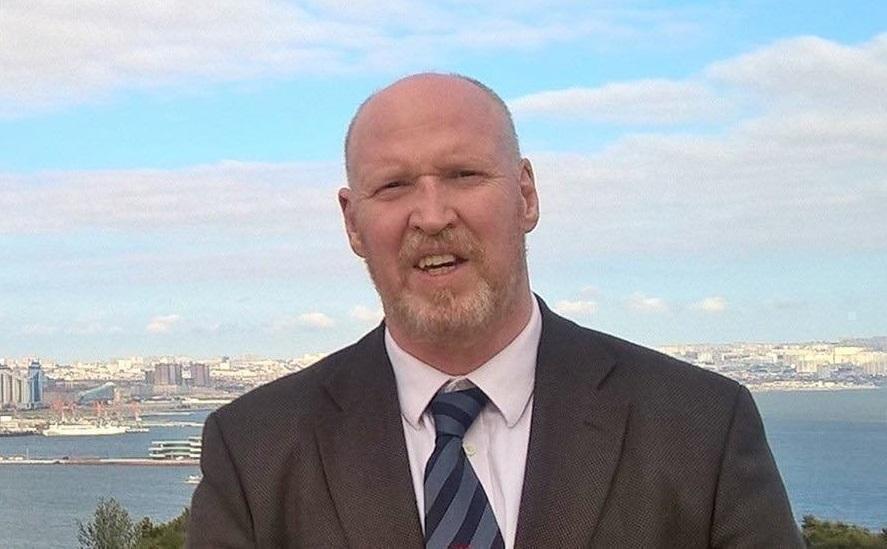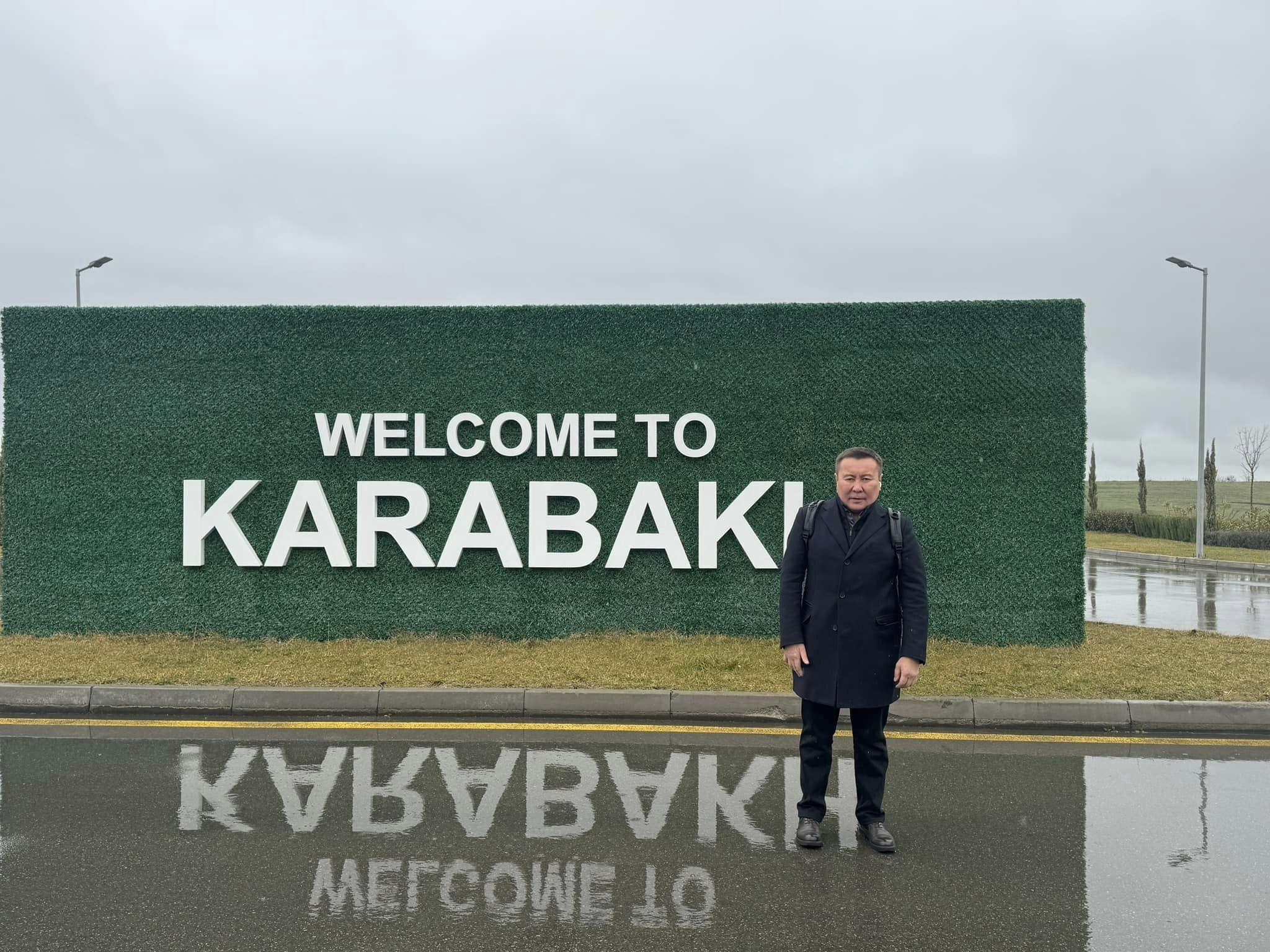"Peoples of South Caucasus should resolve their differences independently" Foreign analysts on Caliber.Az
The return of four Azerbaijani villages without a single shot being fired and the breakthrough agreement on the demarcation of the Armenian-Azerbaijani border are further proof that Baku and Yerevan can negotiate bilaterally, without the intrusive services of any external actors as mediators. The two countries agreed on more important things than in the previous three years, when foreign actors tried to moderate the negotiations.
In a conversation with Caliber.Az, foreign political analysts have weighed in on the results of the meeting between the deputy prime ministers of Azerbaijan and Armenia held on April 19.

According to Irish political scientist and historian Patrick Walsh, the agreement reached on the demarcation of the border and the return of the four villages is an encouraging development, which has great significance.
"I would call this event a beacon of hope amidst toxic geopolitical manoeuvres that took place in Brussels. Armenians and Azerbaijanis are ready to engage in mutual dialogue for the sake of peace and stability in the region - it is quite obvious. I generally believe that it is up to the peoples of the South Caucasus to resolve their differences. This is the only way to achieve an atmosphere of trust and understanding. This honest approach contrasts diametrically with attempts to import the interests of the great powers into the region in order to favour one side or the other, as we see in the current Western strategy.
But these methods are not only counterproductive to good relations and confidence-building, they have historically proven disastrous. Where did the Armenians' attempts to secure Western patronage from the 1890s to 1921 lead? Where did their confidence that Russia would stand behind them everywhere and at all times lead them? In the end, it ended in failure and defeat. The only solution is open and bilateral negotiations with neighbours over joint problem solving," Walsh stressed.

Talgat Kaliyev, a Kazakh political scientist, candidate of political sciences, member of the National Kurultai under the President of Kazakhstan, said that the return of the previously occupied villages under the sovereignty of Azerbaijan is excellent news that characterises the positive dynamics of the entire negotiation process. This opens up new opportunities for the resolution of the long-standing and extremely painful Armenian-Azerbaijani conflict. It is obvious that Azerbaijan and Armenia themselves, without any outside mediators, are finding a better language with each other, and there is no need for other players.
"I think with this step, Armenia opens up opportunities for itself to get rid of all kinds of phantom pains and reach new prospects that open up with the conclusion of a peace treaty with Azerbaijan, as well as with Türkiye, to restore full diplomatic relations with its neighbours. These neighbours can become powerful economic partners and pull Armenia's economy to a qualitatively new level, raise the welfare of the country's residents. And at the same time, as I think, Armenia should not stay aside from the Trans-Caspian transport route project, which would pass through the Zangezur corridor to Turkey, where in this case Armenia would also benefit from the ever-increasing cargo flow. Kazakhstan has always been in favour of peaceful settlement and reaching agreements, we are looking at this positive dynamics with great hope and very much expect that the long-awaited peace will finally come to the South Caucasus," Kaliyev concluded.







